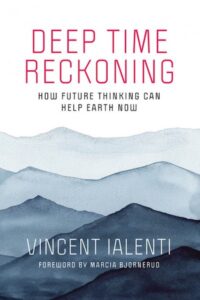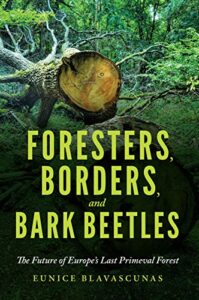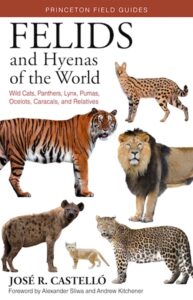For those unfamiliar with Professor Storl, he is one of those remarkable people who have blurred the conventional boundaries in his life-long quest to understand the relationships – both historic as well as present-day – between people and plants, and then to share with others what he has learned.




